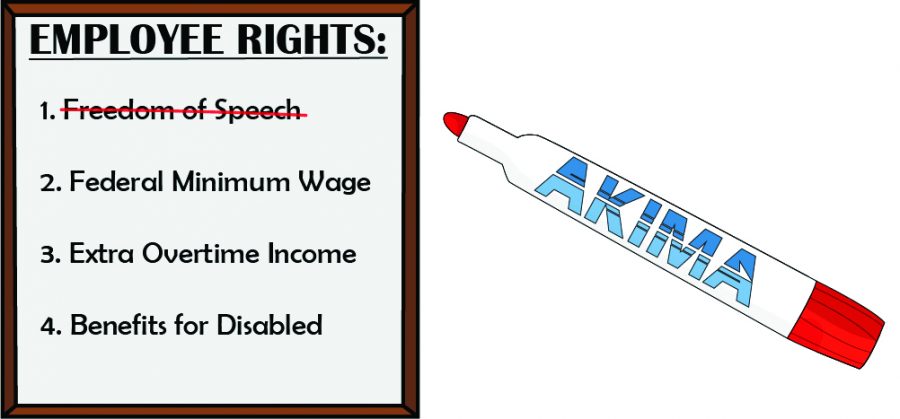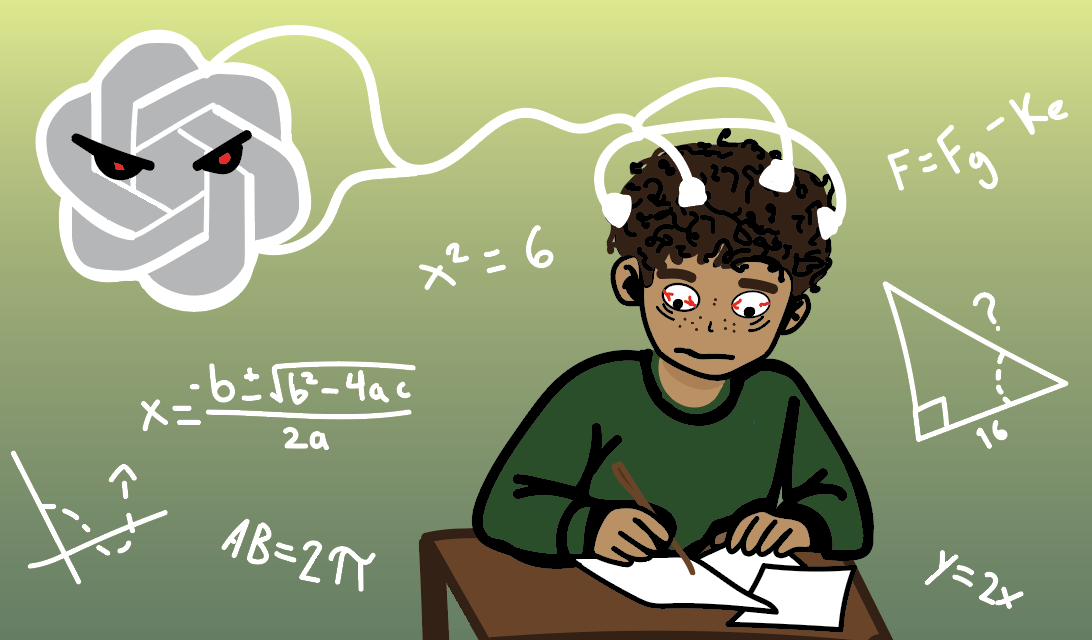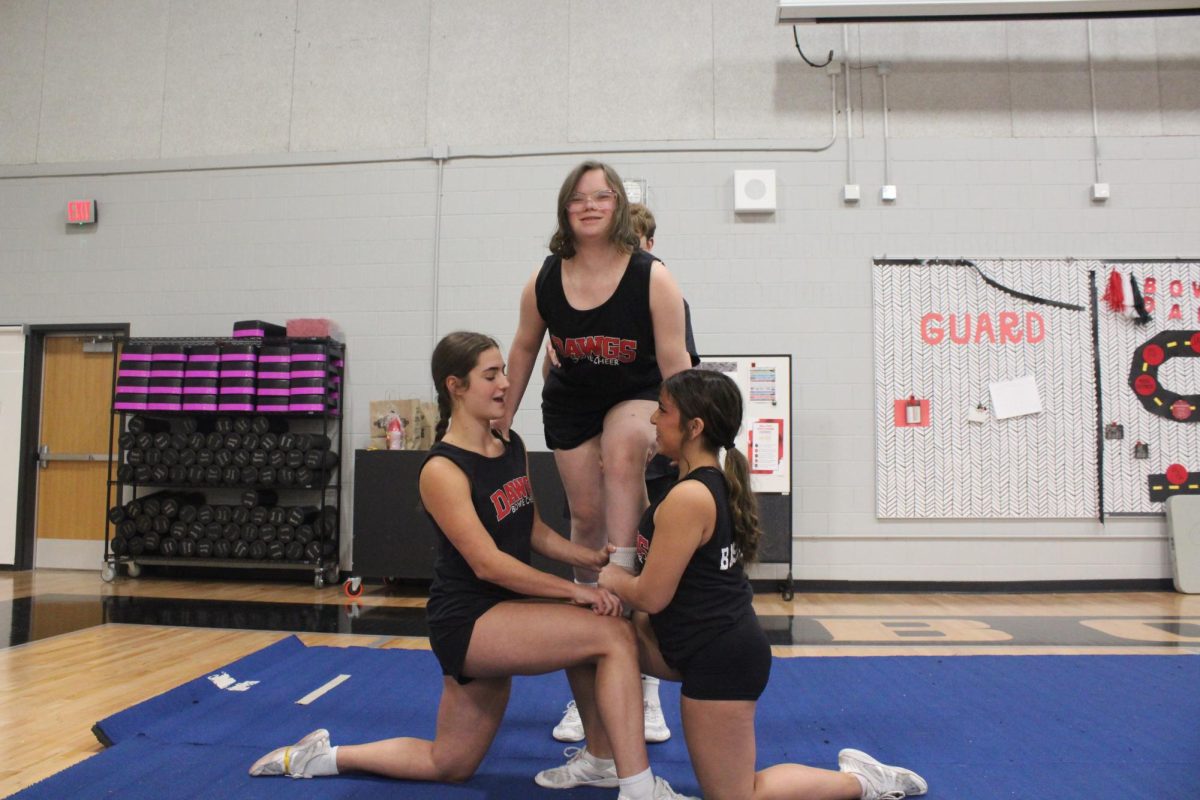The right to flip off Trump
December 30, 2017
On October 28th, cyclist Juli Briskman flipped off President Donald Trump’s motorcade during her usual cycling routine. Soon afterwards, Briskman’s employer, Akima LLC, heard of the news and decided to fire the 50-year-old mother of two because of this incident.
Did Briskman truly deserve to be fired for her actions, or is this a violation of freedom of speech?
Briskman shouldn’t have been fired for what she did. The company that Briskman was working for didn’t follow its own policy correctly, her colleague was able to get away with only a warning after saying something much more obscene, and the first amendment protects Americans from expressing their opinions.
Briskman’s former company has a strict policy that all employees are bound to follow. One of the rules of the policy is that employees should never post “lewd” or “obscene” things on their social media unless the employee is off-duty. Briskman was off-duty when she flipped off Trump’s motorcade and had her photo taken during the action, and yet she was still fired for violating this rule. To me, this doesn’t seem fair for Briskman.
Sure, it could certainly be argued that flipping off Trump is obscene. However, as Briskman pointed out, an undisclosed former-colleague of hers at Akima posted offensive content on his public Facebook account, and yet after a simple warning from Akima, he was allowed to keep his job.
If Briskman’s colleague could get away with just a warning, then why did she have to lose her job without a second chance?
The first amendment of the Bill of Rights is the first on the list for one simple reason: it’s the most important amendment we as American citizens have. Under the first amendment, all citizens of the United States have freedom of speech; what we say, unless it threatens another person’s life, cannot lawfully penalize us. If Briskman wasn’t violating company policy when she was fired from her job, then could this be considered a violation of one’s first amendment? If so, Briskman shouldn’t be the one receiving punishment; the company who fired her should.
There isn’t much students can do to personally help Briskman, but we can help spread the message. Simply getting the word out about Briskman’s story, and how she was unfairly treated, could help to inspire others and create a message that this isn’t the only unfair case out there. Across the United States, injustices such as this happen all the time.
Briskman should not have gotten fired for what she did. The company she worked for didn’t have the right to intervene by firing her because of her actions, even if her methods were considered obscene.









